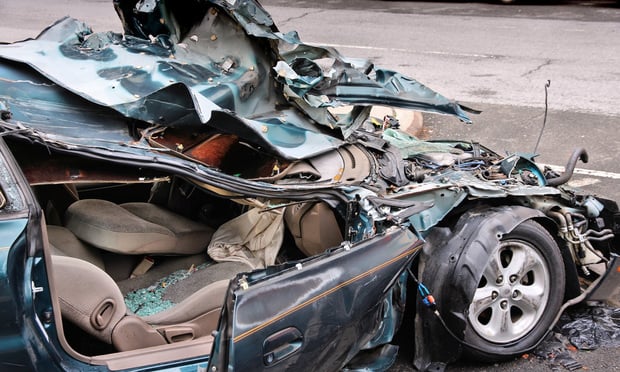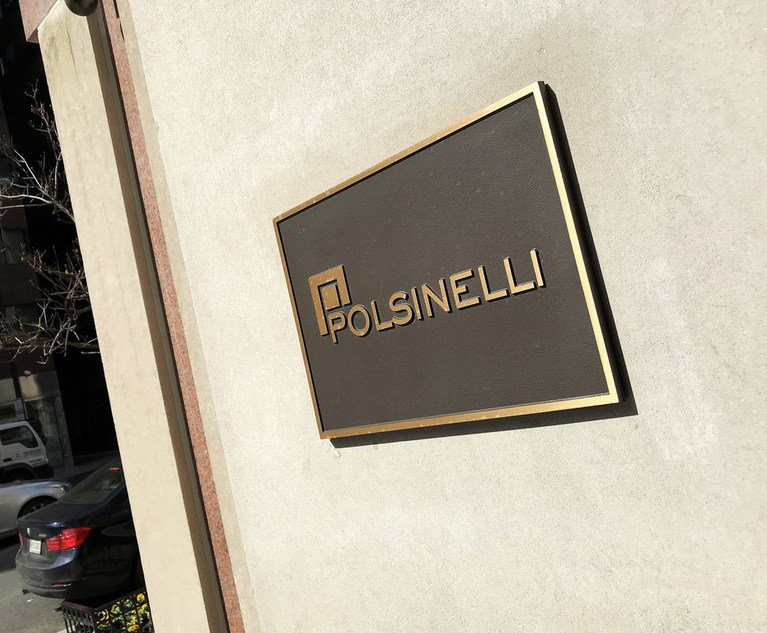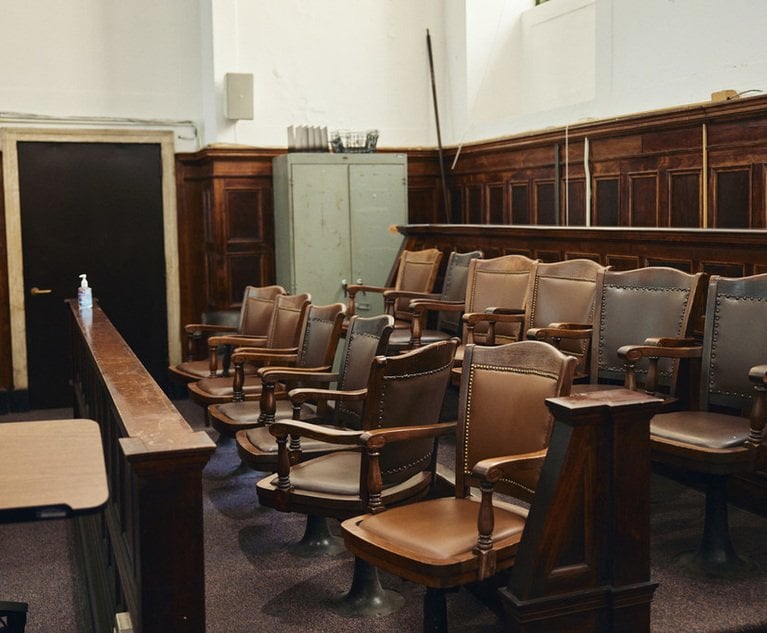A split three-judge Pennsylvania Superior Court panel has vacated a $21 million insurance bad-faith judgment, finding the Pennsylvania judge who had awarded the money in a lengthy and scathing 2014 opinion improperly considered issues far outside the bounds of the case.
“We are troubled by [Berks County Judge Jeffrey] Sprecher’s failure to limit his analysis to the facts of this case and applicable law,” Superior Court Judge Victor Stabile said in the majority’s 61-page opinion. “After an exhaustive review of the very large record in this case, we believe we have no choice but to vacate the judgment.”


 Photo: Shutterstock
Photo: Shutterstock




